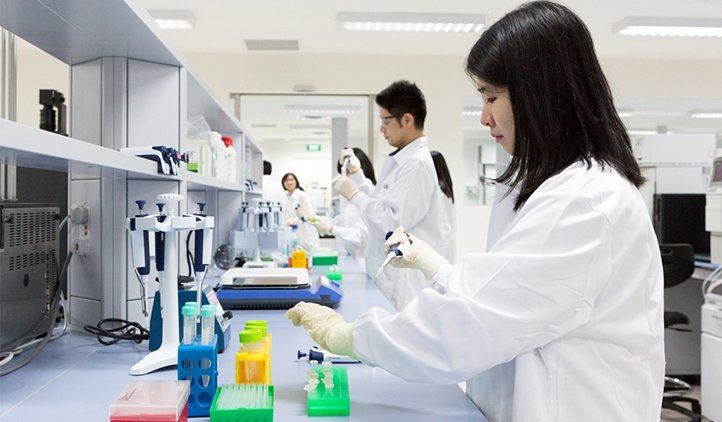
A research team led by scientists from the Cancer Institute of Singapore (CSI Singapore) at the National University of Singapore (NUS) has developed a novel peptide drug called FFW that could potentially stop the development of hepatocellular carcinoma (HCC) or primary liver cancer. This landmark discovery opens door for more effective treatment of liver cancer with less side effects.
The international team comprises researchers from Brigham and Women's Hospital at Harvard Medical School, the Department of Biological Sciences under the NUS Faculty of Science, as well as the Agency for Science, Technology and Research.
The research team also discovered that FFW, when used in combination with Sorafenib, could reduce the growth of Sorafenib-resistant HCC.
During their study, the research team has also demonstrated an effective strategy to accurately target oncogenes previously considered undruggable.




